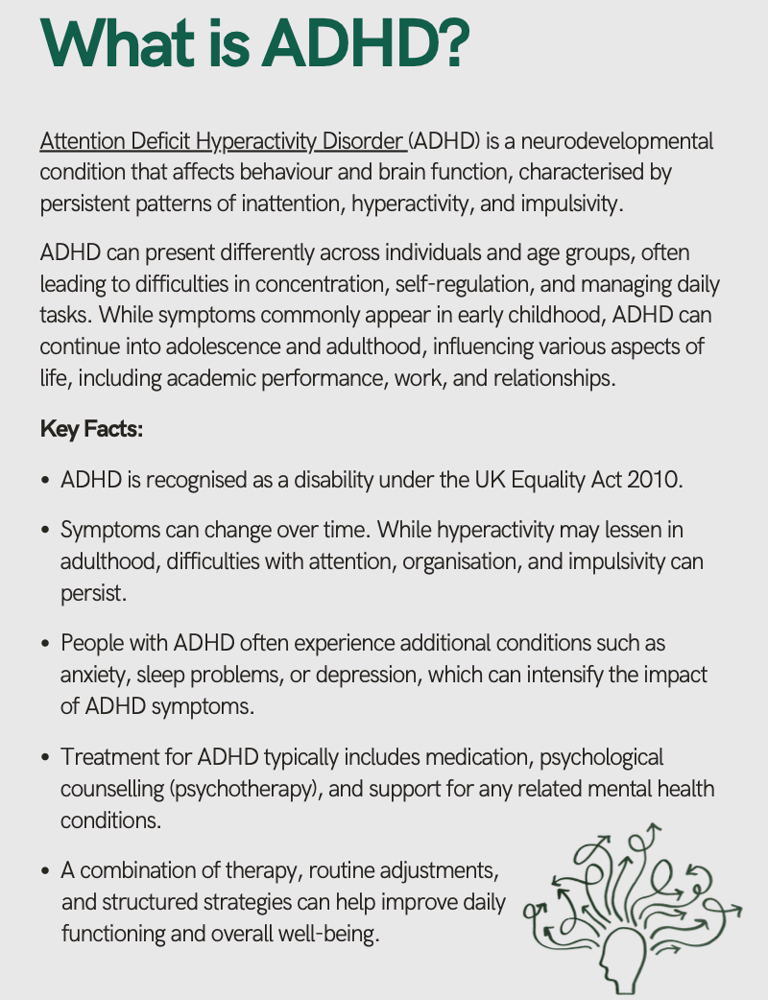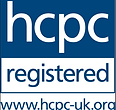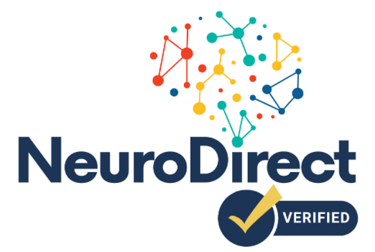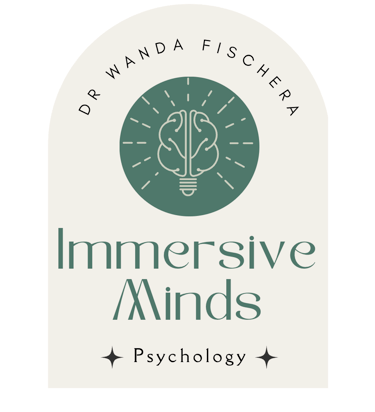Understanding ADHD series 1 : What is ADHD?
Explore this comprehensive resource series on mastering ADHD, crafted by Dr. Wanda Fischera. This resource series delves into the complexities of ADHD, debunks common misconceptions, and provides practical strategies to manage challenges like procrastination, disorganization, and working memory issues. Discover effective tools to help you unlock your full potential and thrive with ADHD.
INFOGRAPHICADHD
1/1/20252 min read


Attention Deficit Hyperactivity Disorder (ADHD) is a neurodevelopmental condition that affects an individual's ability to focus, regulate impulses, and control their activity levels. It can impact various aspects of life, including school, work, and relationships. While commonly diagnosed in childhood, ADHD symptoms can persist into adulthood, with many individuals discovering the diagnosis later in life. We are witnessing a growing number of adults, particularly women, seeking diagnosis, leading to a rapidly evolving understanding of ADHD.
The symptoms of ADHD are typically grouped into three categories: inattention, hyperactivity, and impulsivity. Inattention may manifest as difficulty sustaining focus, forgetfulness, and disorganisation. Hyperactivity can include restlessness, fidgeting, and an inability to remain seated. Impulsivity may result in hasty decisions, interrupting others, or struggling to wait for one's turn.
In the UK, the diagnosis of ADHD is typically undertaken by a healthcare professional, such as a clinical psychologist, psychiatrist, or paediatrician. The process involves a thorough assessment, including a detailed medical and behavioural history gathered from both the individual and their family or significant others, as well as questionnaires and standardised rating scales.
To be diagnosed with ADHD, the symptoms must be present for at least six months, occur in multiple settings (such as home, school, or work), and significantly impair functioning. A specialist will also rule out other conditions that might explain the symptoms, ensuring an accurate diagnosis. This is crucial as ADHD symptoms can overlap with other physical and mental health conditions. It is important to note that the assessment process is not an exact science like a blood test. Contextual information and careful consideration of developmental and behavioural data alongside current difficulties are essential.
If you or someone you know is experiencing symptoms of ADHD, consulting with a healthcare professional such as your GP or a clinical psychologist is the first step towards understanding and managing the condition. Early diagnosis and intervention can significantly improve outcomes and quality of life.
You can book a free introductory call with me if you would like to discuss your difficulties with ADHD or symptoms that you believe may warrant assessment.


Support
Dr Wanda Fischera is offering personalised online therapy for individuals and groups. Registered with HCPC.
Connect & receive updates on services and free resources
© 2024. All rights reserved. By Dr Wanda Fischera
I respect your privacy and I will not pass on your details to third parties.




